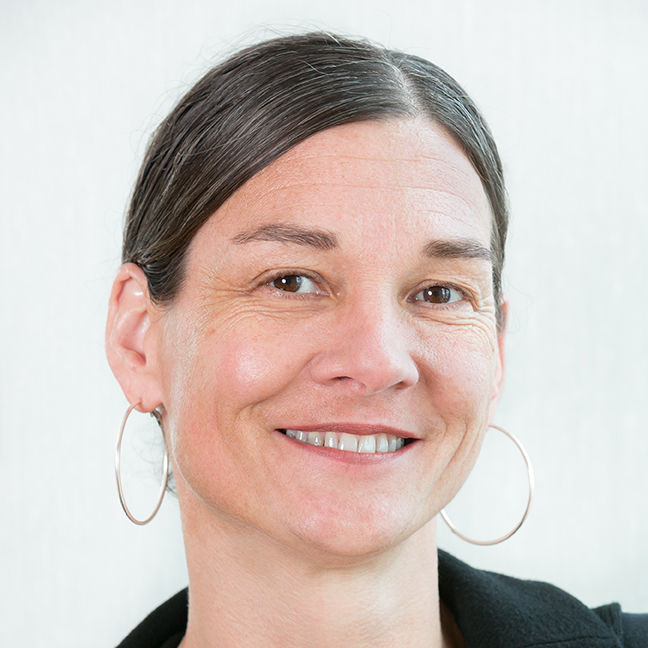How can the archives inspire a multimedia atlas?
- Holding History

- Oct 26, 2023
- 1 min read
Updated: Mar 19, 2025
Holding History Podcast
Season 2: Episode 3
“In telling the story of this island, and in general throughout Sea Change, what I was looking for was to put us on that island.”
—Christina Gerhardt

For the third episode of the Holding History podcast's second season, we were joined by University of Hawai'i at Manoa Associate Professor Christina Gerhardt. Christina stopped by to discuss her latest project, a multimedia atlas titled Sea Change, which was recently named one of the Best Science Books of 2023 by New Scientist.
Sea Change is aimed at "decolonizing" the genre of the atlas, specifically by spotlighting and bringing into view different forms of geological and geographic knowledge that aren't always included in academic research. Across its 49 entries, each of which is dedicated to the description of a "low-lying" island, careful attention is paid to evoke that island from the perspective of people who live there.
Throughout our conversation, Christina turns our attention to the poetry of Kathy Jetñil-Kijiner, the anticolonial art of Firelei Baez, the Newberry Library and the David Rumsey Map Collection at Stanford University, as well as the "kelp archives" Melody Jue describes in her book, Wild Blue Media.
A transcript of this episode can be accessed here.
⇹
Wherever you find the Holding History Podcast, please like, subscribe, and provide feedback. Use the comment section below, or contact us at holdinghistory@wisc.edu with questions or suggestions. Thanks for listening!










Comments